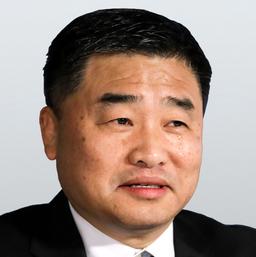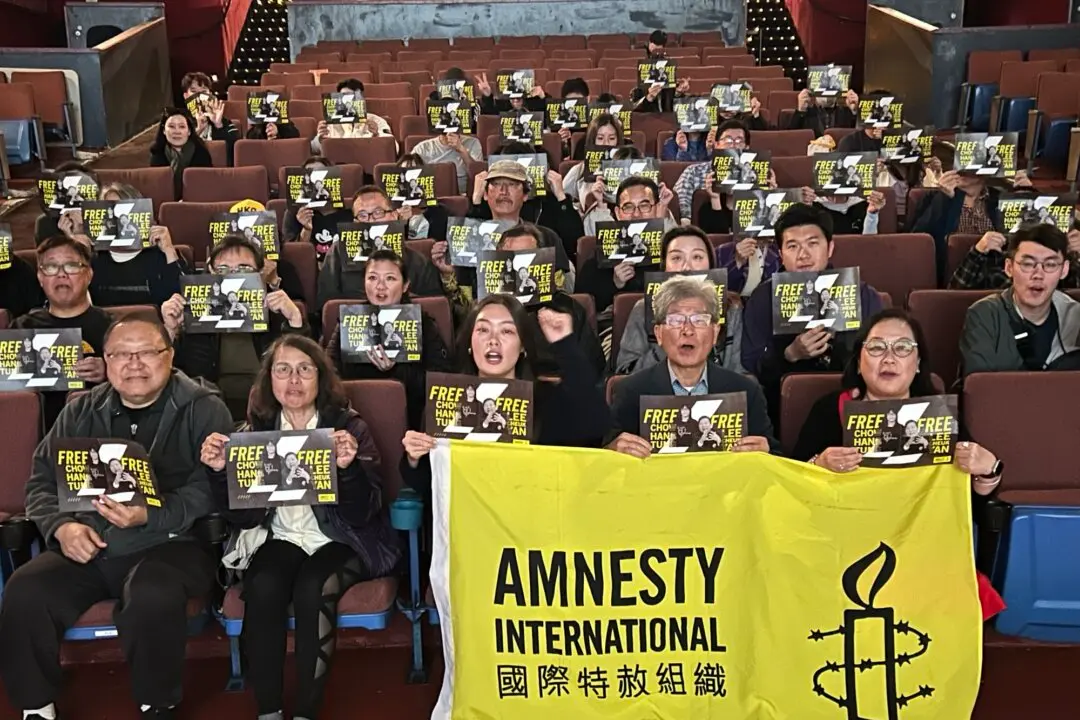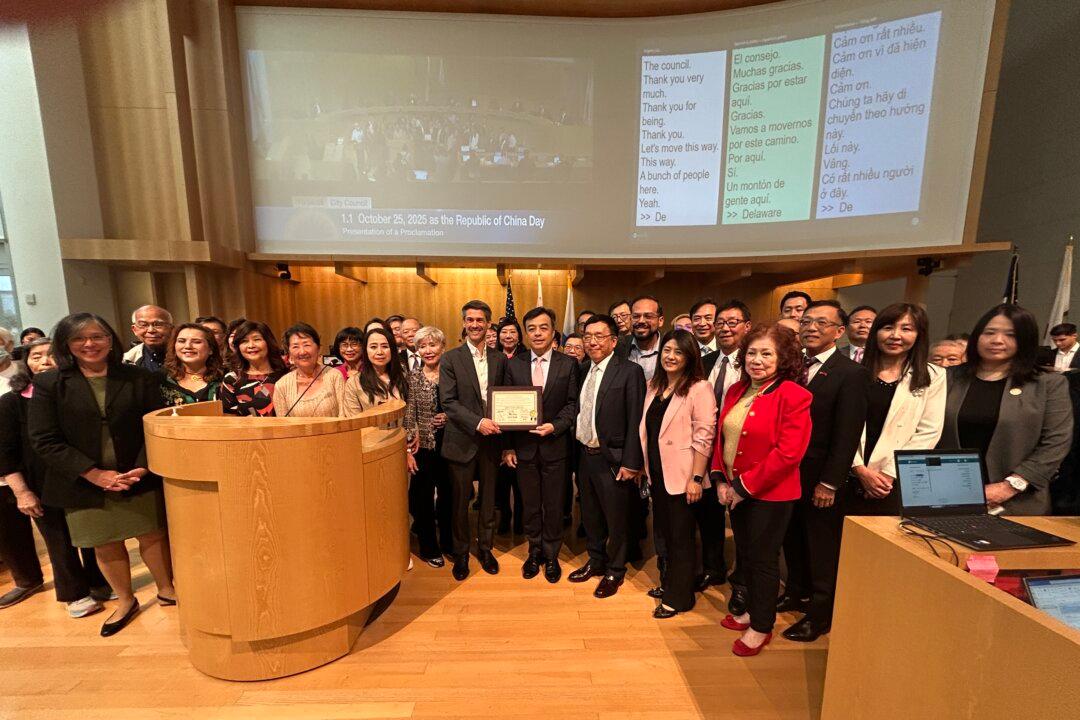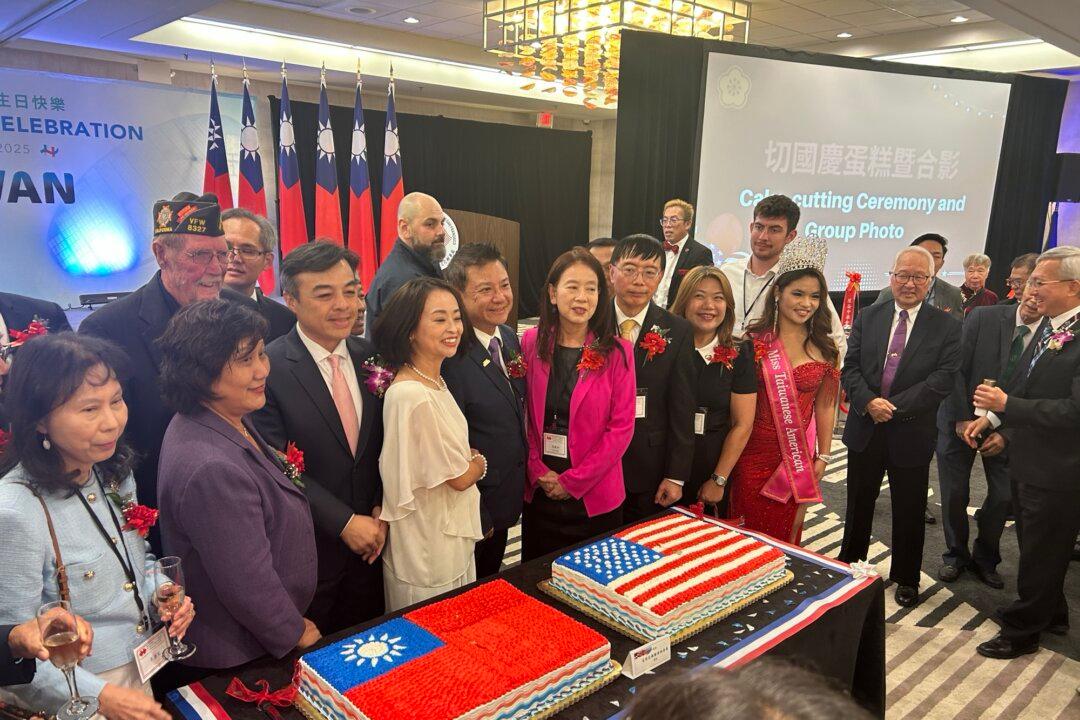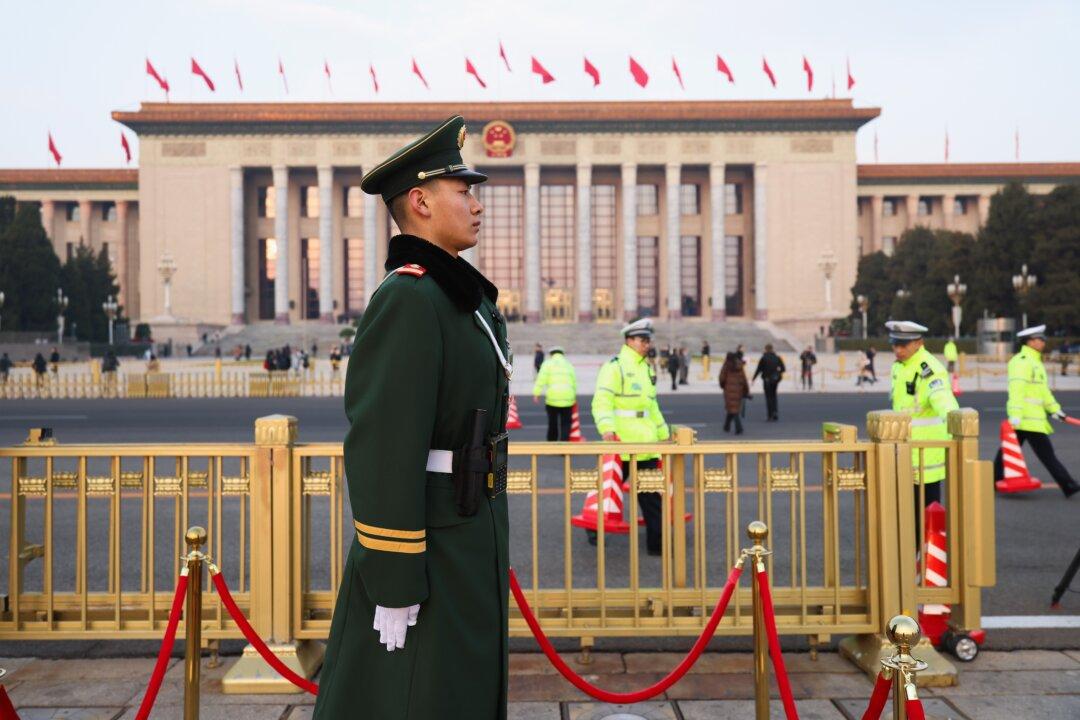As the United Nations General Assembly begins its high-level segment on Sept. 19, there are an increasing number of calls for Taiwan’s inclusion in the international organization.
The nation of 23 million people has been barred from the U.N. since 1971, when U.N. Resolution 2758 accepted the Chinese communist regime as the legitimate representative of China.

